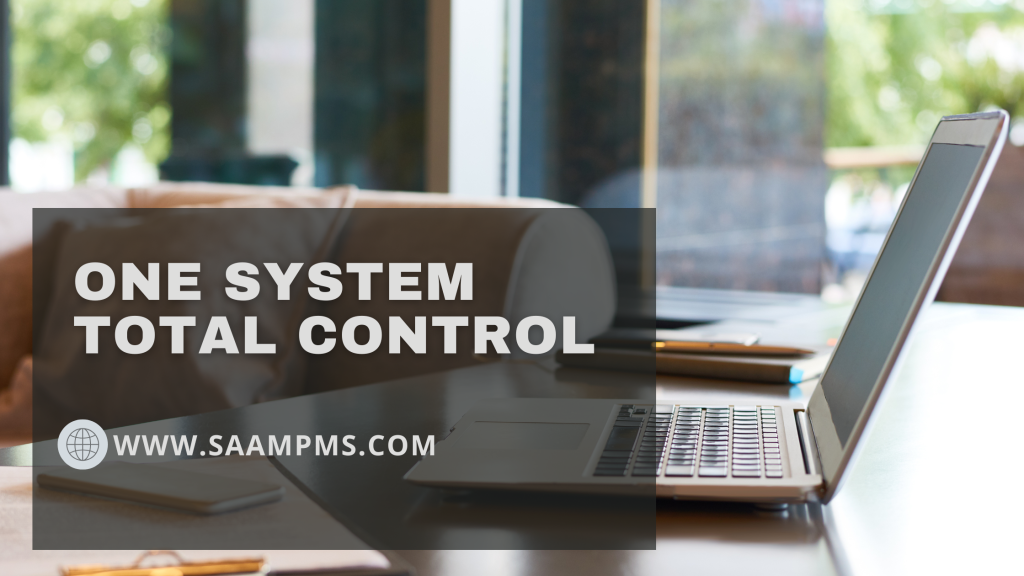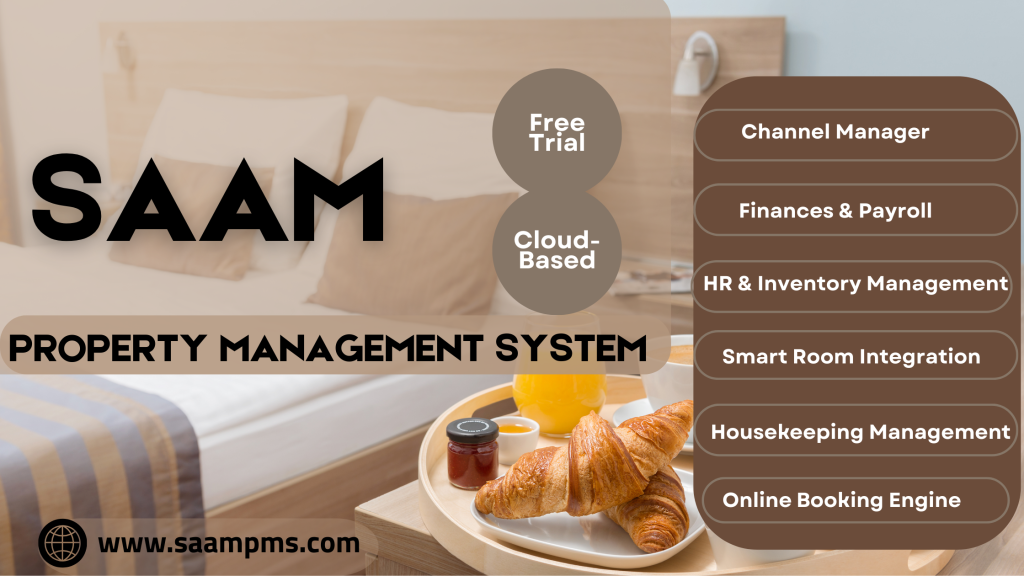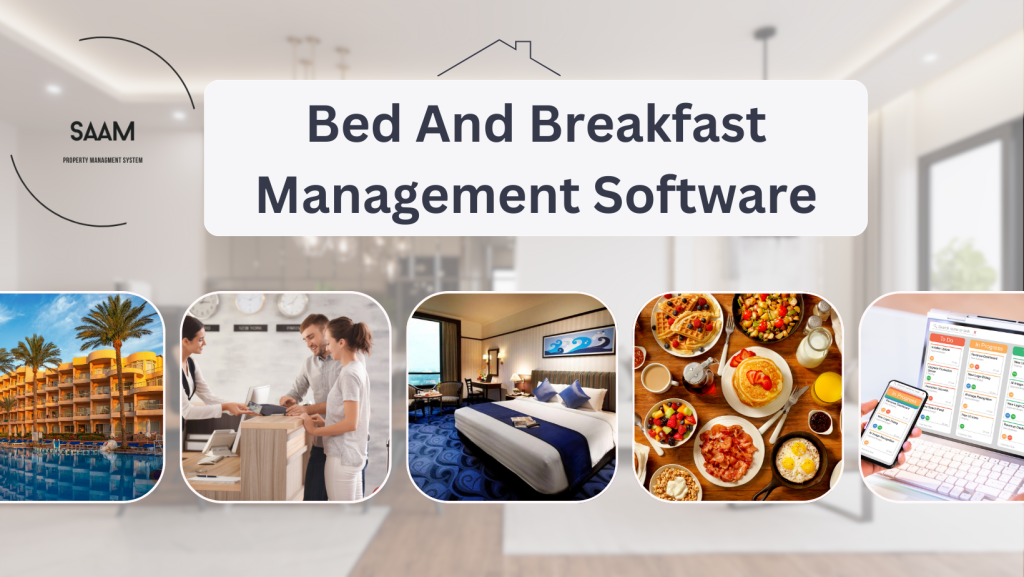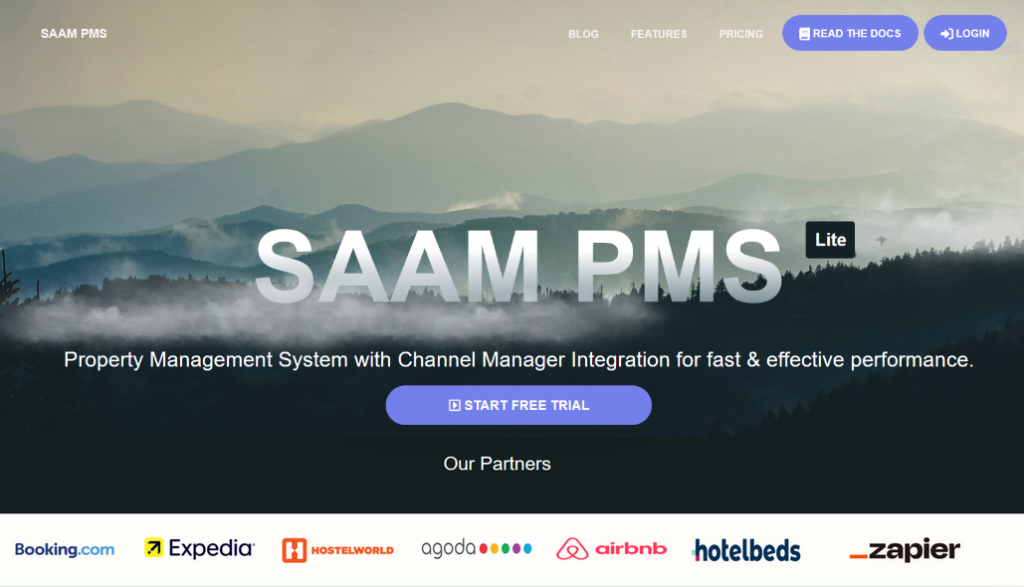Hotel Operations
In the hospitality industry, hotel operations are the backbone that keeps everything running smoothly. From ensuring guest satisfaction to optimizing resources, effective operations management is crucial for a hotel’s success. Understanding how operations management can improve hotel performance is essential for anyone involved in the hotel industry. In this article, we will delve into the key concepts of hospitality operations management and explore practical ways to enhance hotel performance.

Hotel operations encompass all the activities and processes that contribute to the functioning of a hotel. This includes everything from front desk services, housekeeping, food and beverage management, to maintenance and security. Each of these components plays a vital role in creating a seamless experience for guests. The integration and coordination of these activities are what ensure that guests have a pleasant stay, that resources are efficiently utilized, and that the hotel operates profitably.
Hotel operations require a strategic approach to manage diverse teams and services effectively. This involves not only handling day-to-day tasks but also anticipating and responding to guest needs and preferences. Additionally, operations must be flexible enough to adapt to changing trends and technologies in the hospitality industry. By maintaining a focus on service excellence and operational efficiency, hotels can stand out in a competitive market and foster guest loyalty.
Key Components of Hotel Operations
- Front Desk Operations: The front desk is the face of the hotel. Efficient check-in and check-out processes, along with excellent customer service, set the tone for a guest’s stay. It’s crucial that front desk staff are trained in both technical aspects and interpersonal skills to handle various guest inquiries and challenges seamlessly. A well-managed front desk can significantly influence a guest’s first impression and overall satisfaction.
- Housekeeping: Clean and well-maintained rooms are essential for guest comfort. Housekeeping ensures that rooms are cleaned and restocked efficiently. This department must adhere to strict standards of cleanliness and hygiene, and often, the speed and quality of housekeeping can directly affect the hotel’s reputation. Implementing systematic procedures and using efficient tools can enhance productivity and guest satisfaction.

- Food and Beverage Management: This involves managing restaurants, bars, and room service, ensuring high-quality food and exceptional service. The success of a hotel’s food and beverage department relies on innovative menu design, quality sourcing of ingredients, and attentive service. This department can significantly contribute to a hotel’s brand identity and guest experience.

- Maintenance and Engineering: Regular maintenance of hotel facilities is vital to prevent breakdowns and ensure guest safety. This involves preventive maintenance schedules, quick response to repair requests, and efficient energy management. A proactive maintenance strategy not only enhances guest satisfaction but also extends the lifespan of the hotel’s assets.
- Security: Ensuring the safety and security of guests and staff is a top priority for hotel operations. This includes implementing comprehensive security protocols, training staff in emergency procedures, and utilizing technology such as surveillance systems. A secure environment fosters trust and peace of mind for both guests and employees.
How Can Operations Management Improve Hotel Performance?
Operations management in the hotel industry focuses on optimizing processes to improve efficiency and guest satisfaction. Here are some ways operations management can enhance hotel performance:
Streamlining Processes
By analyzing and refining processes, hotels can reduce wait times, improve service delivery, and enhance the overall guest experience. For example, implementing a digital check-in system can speed up the process and reduce congestion at the front desk. Streamlined processes also involve cross-departmental coordination, ensuring that all areas of the hotel work in harmony to provide a seamless guest experience. This can include simplifying communication channels and using project management software to track tasks and responsibilities.
Emphasizing process efficiency not only enhances guest satisfaction but also increases employee morale by reducing the complexity and redundancy of tasks. When hotel staff can focus on core service delivery rather than administrative burdens, they are more likely to engage positively with guests, leading to better service outcomes.
Enhancing Guest Satisfaction
Operations management ensures that all departments work cohesively to provide a seamless guest experience. This includes everything from ensuring rooms are ready on time to providing prompt room service. Happy guests are more likely to return and recommend the hotel to others. Personalized service, attention to detail, and responsiveness to guest feedback are all integral aspects of enhancing guest satisfaction.
The use of guest feedback systems and surveys can help hotels gather valuable insights into their performance. By actively listening to guests and making data-driven improvements, hotels can create a culture of continuous improvement that places guest satisfaction at the forefront of their operations.
Optimizing Resource Utilization
Efficient operations management helps hotels use their resources more effectively. This includes managing staff schedules to ensure adequate coverage without overstaffing, as well as optimizing inventory to reduce waste. Resource optimization also involves leveraging technology to automate routine tasks, allowing staff to focus on more value-added activities.
Sustainable practices such as energy conservation and waste reduction can further enhance resource utilization. By implementing green initiatives, hotels can not only reduce operational costs but also appeal to environmentally conscious guests, thereby improving their market positioning.
Operations Management Concepts in the Hotel Industry
Several key concepts are integral to successful operations management in hotels:
Total Quality Management (TQM)
TQM focuses on continuous improvement and customer satisfaction. In the hotel industry, this means consistently delivering high-quality services and addressing any issues promptly. TQM requires a commitment to quality at all levels of the organization, from executive leadership to front-line staff, fostering a culture where every employee is focused on quality and improvement.
Implementing TQM involves regular training, performance evaluations, and feedback mechanisms to ensure that quality standards are met. By creating a customer centric approach, hotels can enhance their reputation and build long-term relationships with their guests.
Lean Management
Lean management aims to eliminate waste and improve efficiency. In hotels, this can involve streamlining housekeeping processes or optimizing energy use to reduce costs. Lean principles focus on maximizing value for guests by minimizing waste, which can involve re-evaluating workflows, reducing unnecessary steps, and simplifying service delivery.
Incorporating lean management also encourages a culture of innovation where employees are empowered to suggest improvements. This can lead to creative solutions that enhance both efficiency and the guest experience, fostering a more agile and responsive hotel operation.
Six Sigma
Six Sigma is a data-driven approach to improving processes and reducing defects. Hotels can use Six Sigma methodologies to enhance service quality and operational efficiency. This involves using statistical analysis to identify areas for improvement and implementing structured problem-solving techniques to address issues.
By adopting Six Sigma, hotels can standardize processes, reduce variability, and improve consistency in service delivery. This approach not only drives operational excellence but also supports strategic decision-making by providing clear insights into performance metrics.
Implementing Effective Operations Management

To successfully implement operations management concepts, hotels should consider the following strategies:
Training and Development
Investing in staff training ensures that employees are equipped with the skills needed to perform their roles effectively. Ongoing development programs can also keep staff motivated and engaged. Training should be comprehensive, covering both technical skills and customer service excellence, to ensure that all employees can deliver the highest standards of service.
Development programs can include leadership training, mentoring, and workshops that encourage creativity and problem-solving. By fostering a learning culture, hotels can enhance employee satisfaction and retention, leading to more consistent and high-quality guest interactions.
Technology Integration
Adopting the latest technology can significantly enhance hotel operations. From property management systems to guest apps, technology can streamline processes and improve the guest experience. Technology enables hotels to offer personalized services, enhance communication, and optimize back-office operations, leading to greater efficiency and satisfaction.
By staying abreast of technological advancements, hotels can differentiate themselves in a competitive market. Implementing technologies such as AI-driven analytics, virtual concierge services, and smart room controls can further elevate the guest experience and operational efficiency.
Regular Performance Reviews
Conducting regular performance reviews allows hotels to identify areas for improvement and implement necessary changes. This can involve analyzing guest feedback, monitoring key performance indicators (KPIs), and making data-driven decisions. Performance reviews should be structured to evaluate both individual and departmental performance, fostering accountability and continuous improvement.
Regular assessments enable hotels to align their operations with strategic objectives and adjust their approaches as needed. This proactive management ensures that hotels remain competitive and responsive to both market trends and guest expectations.
why SAAM PMS ?
SAAM is a cloud-based property management system offers you all the features you need to manage your property with a free trail to choose your monthly plan starting from 76 $ the features including :
- Channel management for OTAs and booking platforms
- Housekeeping task scheduling and tracking
- Finance and HR management (cash, payroll, attendance)
- online booking engine with real-time availability updates
- Guest profiles and loyalty programs
- Reservation, check-in, and check-out management
- Reporting and analytics for decision-making
- smart room integrations
- Multi-property support
Conclusion
Operations management is a critical aspect of the hotel industry that directly impacts performance and guest satisfaction. By understanding and implementing effective operations management concepts, hotels can streamline processes, enhance the guest experience, and ultimately achieve greater success.
For more expert resources on optimizing your hotel’s operations and performance, visit SAAMPMS By prioritizing operations management, hotels can create a seamless experience that keeps guests returning and positively impacts the bottom line. Whether you’re a hotel manager, owner, or employee, understanding and applying these principles is essential for driving performance and achieving long-term success in the industry. Emphasizing the strategic role of operations management not only enhances current performance but also positions the hotel for future growth and innovation in an ever-evolving market.
